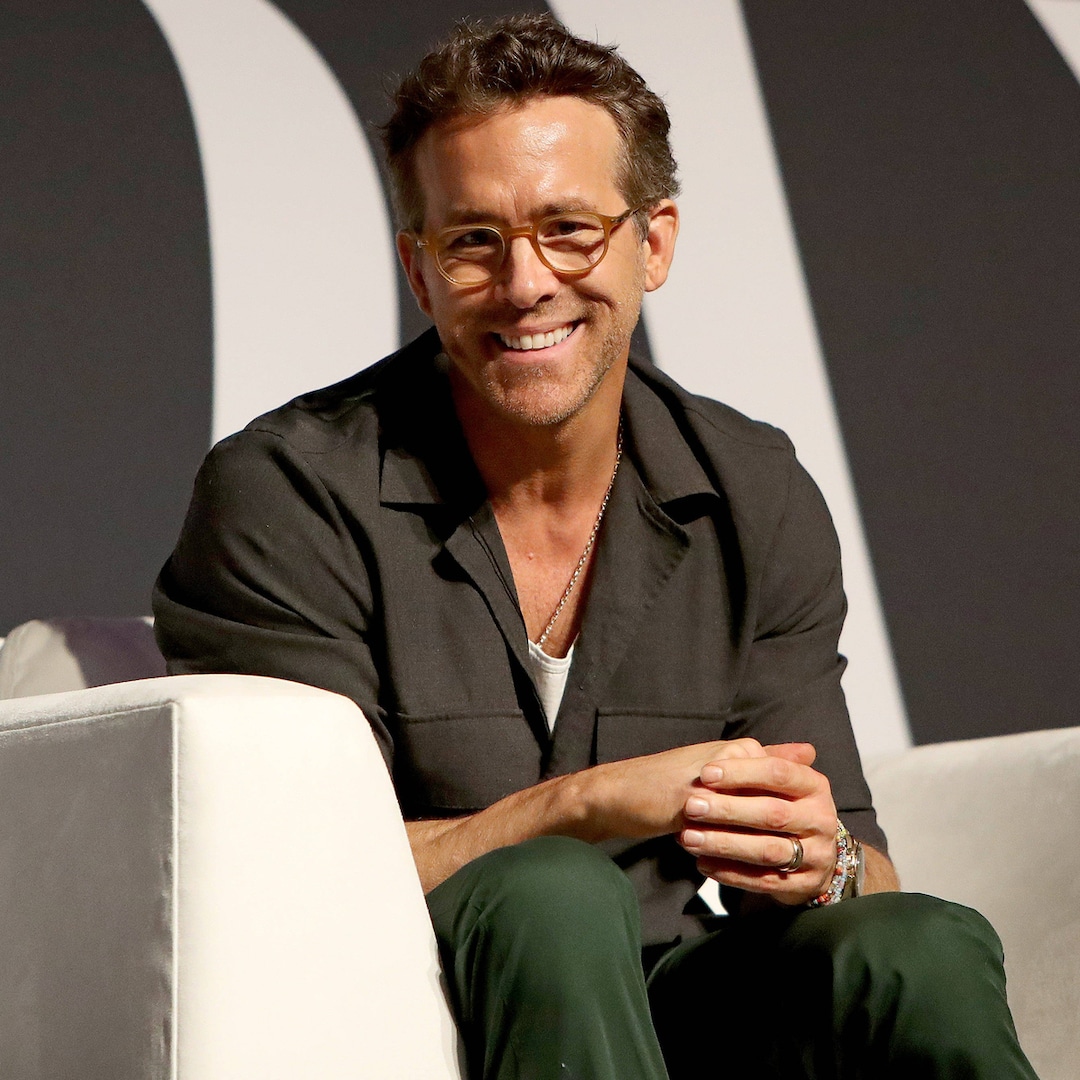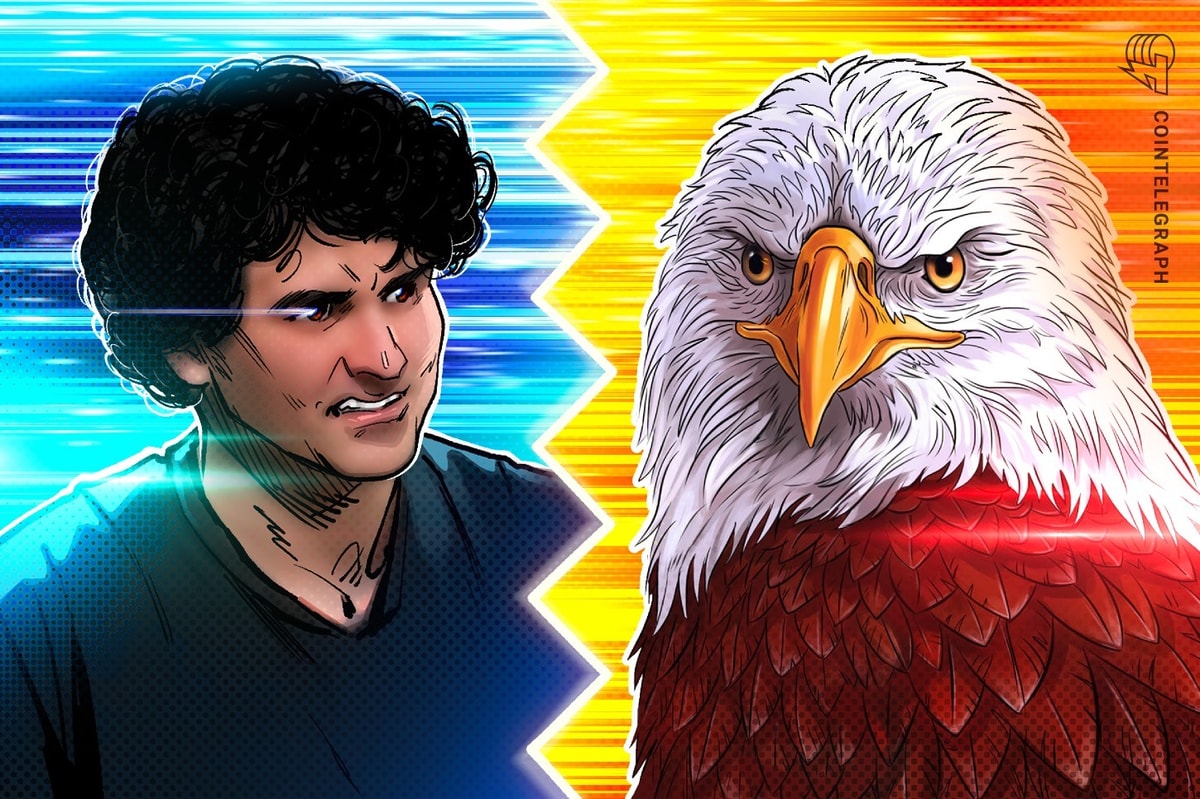Supporters of artificial intelligence are welcoming Donald Trump's re-election as a potential boost for the industry, though careful consideration on policy direction is essential, they say.
Trump’s win is “a positive thing” for the artificial intelligence business, said Ray Wu, managing partner at Silicon Valley venture capital firm Alumni Ventures, noting that promoting AI innovation requires a lenient regulatory approach.
“This industry is still very young,” Wu said. “Having clear guidelines is very helpful, so at least there’s a guardrail, but too much detail at this early stage will become a hindering force.”
Trump has indicated he will roll back the Biden Administration’s October 2023 executive order requiring AI companies to disclose information about their safety protocols.
The order also directed the Commerce Department’s National Institute of Standards and Technology to counsel companies to correct biases and flaws in their AI models, among other provisions.
Critics of the order, like Republican Nancy Mace (R-SC), have argued that the reporting requirements should be repealed because they “could scare away would-be innovators and impede more ChatGPT-type breakthroughs.”
Others are not so sure. The Center for AI Policy, a research organization that works to “mitigate catastrophic risks from AI,” warned the new administration against moving too fast.
“While there is certainly room to improve on the Biden AI executive order, a careless or hasty repeal could negatively affect the consistency and rigor of safety testing across the AI industry,” the group said in a statement emailed to Decrypt.
Another priority of the next administration will be protecting the US’s position as an international AI leader, which both Trump and Democrat Kamala Harris emphasized during the campaign, wrote Oxford University lecturer Keegan McBride on X.
“Probably the biggest focus for the incoming Trump administration will be on ensuring American dominance in the global AI competition with a strong focus on beating China,” he wrote. “In practice, this will likely see movement to both widen and strengthen export controls targeting China’s AI industry” and make “new investments internally in AI.”
What does a Trump win mean for American AI Policy? This is a question that I have been asked by policymakers time and time again over the past months. With the results of the election now clear, I thought it would be prudent to write up some of my main thoughts.
During Trump’s…
— Keegan McBride (@KeeganMcB) November 6, 2024
Still, predicting Trump’s AI agenda is tricky because so little was said about the issue on the campaign trail, according to Sanjay Patnaik, director of the Brooking Institution’s Center on Regulation and Markets.
However, based on the former president’s previous term in office, Patnaik thinks Trump is “probably going to try to reduce any regulatory burden or any new regulations on AI companies.”
If so, it could provide an opportunity for smaller AI startups, Patnaik added.
Edited by Sebastian Sinclair
Generally Intelligent Newsletter
A weekly AI journey narrated by Gen, a generative AI model.

 1 week ago
8
1 week ago
8







 English (US) ·
English (US) ·